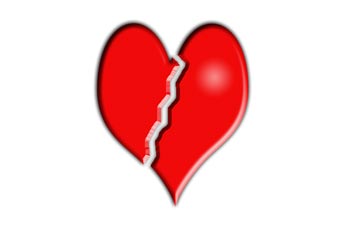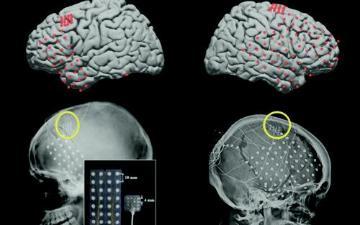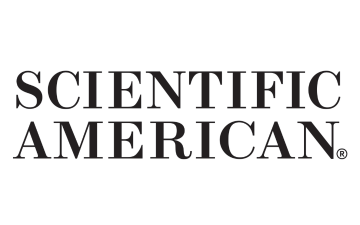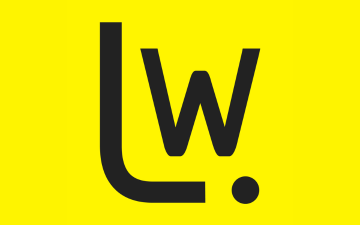
An Ethics Case Study
In 2017, Facebook’s “People Insights” blog published a post titled “What Mends a Broken Heart on Facebook.” In it, the company’s researchers detailed insights that they had gathered by examining “how the break-up moment influenced the online behaviors of people across France, the Netherlands, Poland, the United Arab Emirates and the United Kingdom who indicated on Facebook that they recently went through a break up.”
One of their findings was that “there could be a gap between the break up itself and the Facebook post announcing it. During the two weeks before and the two weeks after their break-up announcement,” they explained, users “accepted more than one invitation to an event 40% more than [during] the 60 days before and 60 days after their announcement.”
The researchers also noted that “’Healing,’ ‘detox,’ ‘drowning sorrows,’ ‘binge watching’ and ‘suffering’ are just some of the words and phrases that are more pronounced in men’s posts before they mark themselves ‘Single.’ The same types of words and phrases are more pronounced in women’s posts on the actual day of their announcement.”
As to what helps people get over a breakup, Facebook researchers wrote that “[g]aining new experiences… seems to be more therapeutic than buying things.” Under the subhead “What it means for marketers,” the post then asks, “How can brands be a part of the journey to help mend people’s broken hearts?” Suggested answers include “Empathize with them” and “Offer them new experiences.” The post concludes by encouraging potential Facebook advertising clients: “Tracking signals of intent to travel, experience new things or take up a new hobby can help you reach this group with a relevant ad at the right time.”
Is it ethical for Facebook to mine its users’ posts for signals that those users are about to go through a break up? Is it ethical for the company to then help its clients target their ads based on this research?
Is what Facebook is doing different from what other companies do?
How might Facebook’s actions be perceived through the ethical prisms of utilitarianism, rights, justice, virtue, and the common good? For more on those perspectives, see “Thinking Ethically.”
Irina Raicu is the director of Internet Ethics at the Markkula Center for Applied Ethics.



